Jessica Pratt
From the opening seconds of “Life Is,” it’s clear that Here in the Pitch is a very different kind of album from Jessica Pratt. The revered Los Angeles artist has become one of the most singular and distinctive songwriters of her generation, largely through the bewitching sound of her acoustic guitar and vocals: a mystical, elusive blend that conjures deep emotional responses from her devoted (and patient) audience. To introduce her first release in half-a-decade, however, we are greeted by neither her breathtaking vocals nor the delicate, sophisticated strum of her guitar. Instead, Pratt’s fourth album begins with a percussion roll that nods instantly to the grand, orchestral style of ’60s pop hits like the Walker Brothers’ “The Sun Ain’t Gonna Shine Anymore.”
“In a way, it’s kind of a false flag,” Pratt admits of this introduction, considering the rest of the record is just as emotionally intimate and stark as fans have come to expect. “But I also feel like it’s a statement of intention.”
Indeed, five years after her breakthrough album, 2019’s Quiet Signs—which marked her first time working in a studio after years of home-recording—Pratt has re-emerged with new ambition and new parameters for what her music can be. Working once again at Gary’s Electric Studio in Brooklyn, NY, with her trusted collaborators — multi-instrumentalist/engineer Al Carlson and keyboardist Matt McDermott — Pratt enlisted the rhythm duo of bassist Spencer Zahn and percussionist Mauro Refosco to help realize her vision. “Having done a studio record prior, I learned how to get to the things you want and how to communicate it to people,” she says. “The process this time was less about exploration of a new tool and more about taking what I learned and going further.”
Pratt quickly envisioned a more expansive set of influences—“big panoramic sounds that make you think of the ocean and California”—and the results are evident in the dynamic repertoire of instruments accompanying her graceful, dreamlike melodies. Throughout these nine songs, you will hear timpani and glockenspiel, baritone saxophone and flute alongside robust, layered vocal arrangements that create a triumphant mood, even when the lyrics hint at devastation.
To achieve this sense of musical resilience, Pratt cites Pet Sounds as her “north star” in pursuing a fuller production style. But where plenty of artists look to the Beach Boys’ 1966 landmark as the untouchable precedent for symphonic grandeur, Pratt found herself drawn to the shadowy outskirts of those recordings. “It’s the atmospheric silence,” she explains. “There are times when you feel like you’re just hearing the studio for a moment. Those were always so intriguing for me as a young person, feeling like you could reach out and touch the texture of the sound in the air.”
If Pratt’s early albums—2012’s word-of-mouth favorite Jessica Pratt and 2015’s devastatingly beautiful On Your Own Love Again—seemed beamed in from a dimly lit bedroom somewhere in the distant past, these songs stand on more solid ground. The tone can range from comforting and even chipper (“When you’ve fallen out, get both feet on the ground,” she reassures during the chiming chorus of “Life Is”) to a haunted, malevolent quality that feels entirely new in her songbook. “I became a bit of an amateur Manson historian over the period of time I worked on this record,” Pratt explains, noting the influence of Los Angeles’ strange, seedy history and the bleak end of the hippy era on songs like the twisted bossa nova groove of “By Hook or by Crook.”
“I spend a lot of time worrying and imagining bad things happening,” Pratt confesses. “So maybe the idea of creatively inhabiting a character who wields the power is interesting.” You can hear this playfully villainous perspective emerging in her imagistic lyrics, although the clearest shift is in her vocal performance. While Pratt admits to always seeking inspiration from voices that sound like they’ve been “drug through life,” she worked on these songs to develop a fuller, more physical style that draws from the dignified baritone of Scott Walker and the weathered theatrics of latter-day Judy Garland. Exploring her lower register on the dazzling “World on a String” and the otherworldly piano ballad “Empires Never Know,” she felt a new sense of energy that led to her most adventurous music to date.
Nowhere is Pratt’s evolution clearer than on the closing track, “The Last Year,” which ranks among her most gorgeous and bittersweet compositions to date: a song that feels like it could have existed in the Great American Songbook for ages. “I think it’s gunna be fine/I think we’re gunna be together/And the storyline goes forever,” she sings, tapping into a universal resolution that offers what she calls a “weird optimism” at the end of a record that leads down some admittedly dark roads. (The “pitch” in Here in the Pitch refers to both “pitch darkness” and bitumen, the black viscous substance that forms deep below the surface of the earth.)
If a sense of hope is clear in Pratt’s words, it’s even clearer in her performance: placing her voice at the forefront and creating an emotional immediacy that sets this record apart from all her past work. “I never wanted it to take this long. I’m just a real perfectionist,” she explains of the album’s long gestation, which spanned from summer 2020 to the spring of 2023. “I was just trying to get the right feeling, and it takes a long time to do that.” With Here in the Pitch, Pratt comes as close as she ever has to this feeling of perfection, to music you can reach out and touch in the air around you, to summoning with every note the hope and mystery, the horror and romance, that lingers within the silence. Through these songs, she suggests those qualities are precisely what keeps us listening, over and over again, on the edge of our seats.
 Mexican Summer
Mexican Summer 





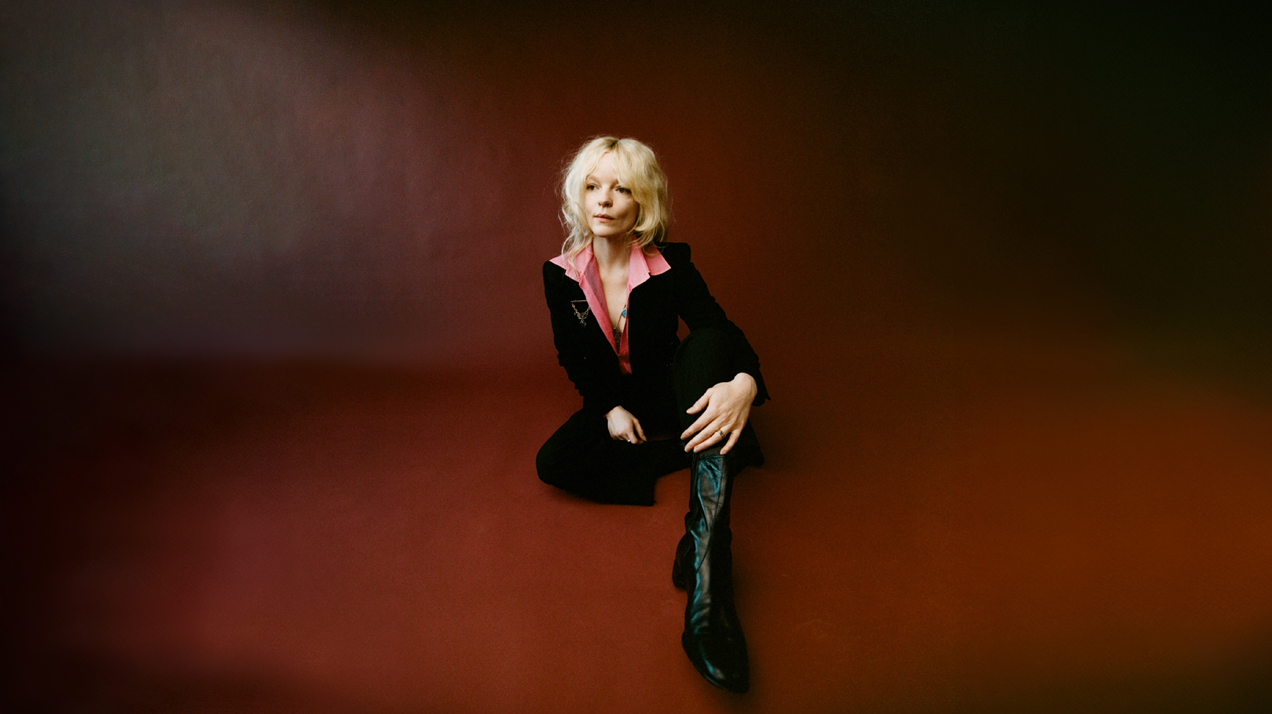
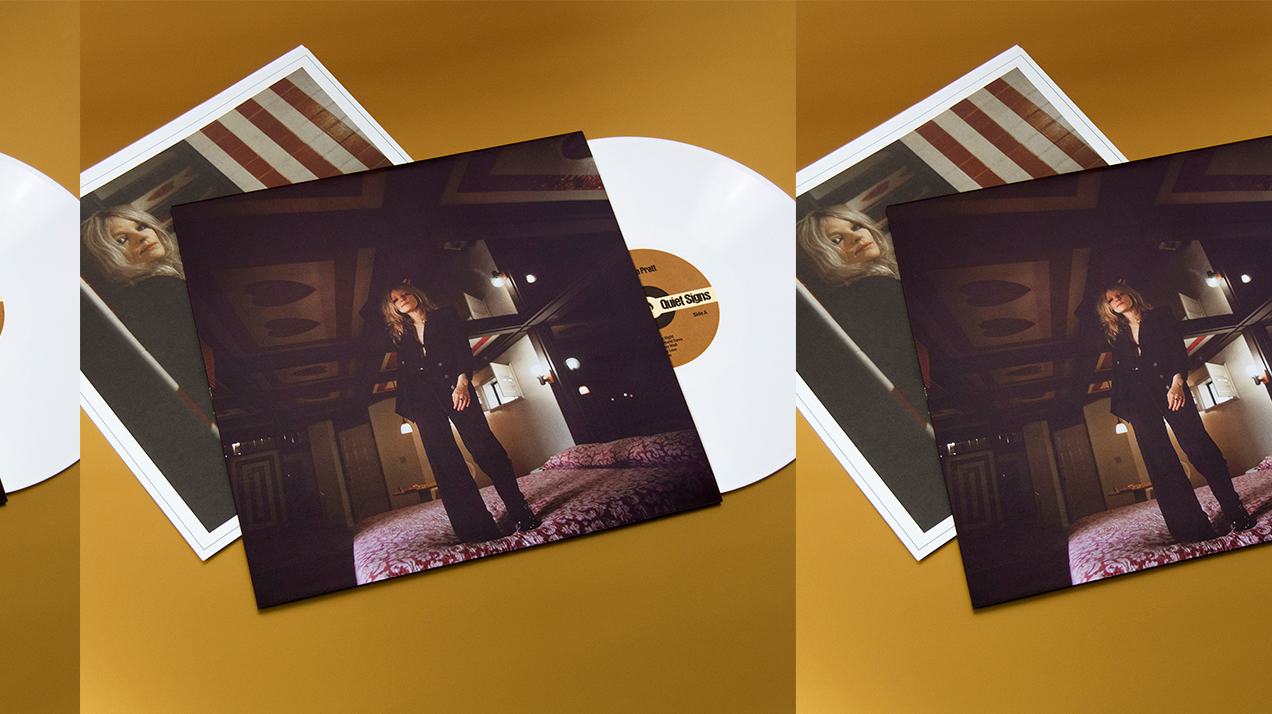
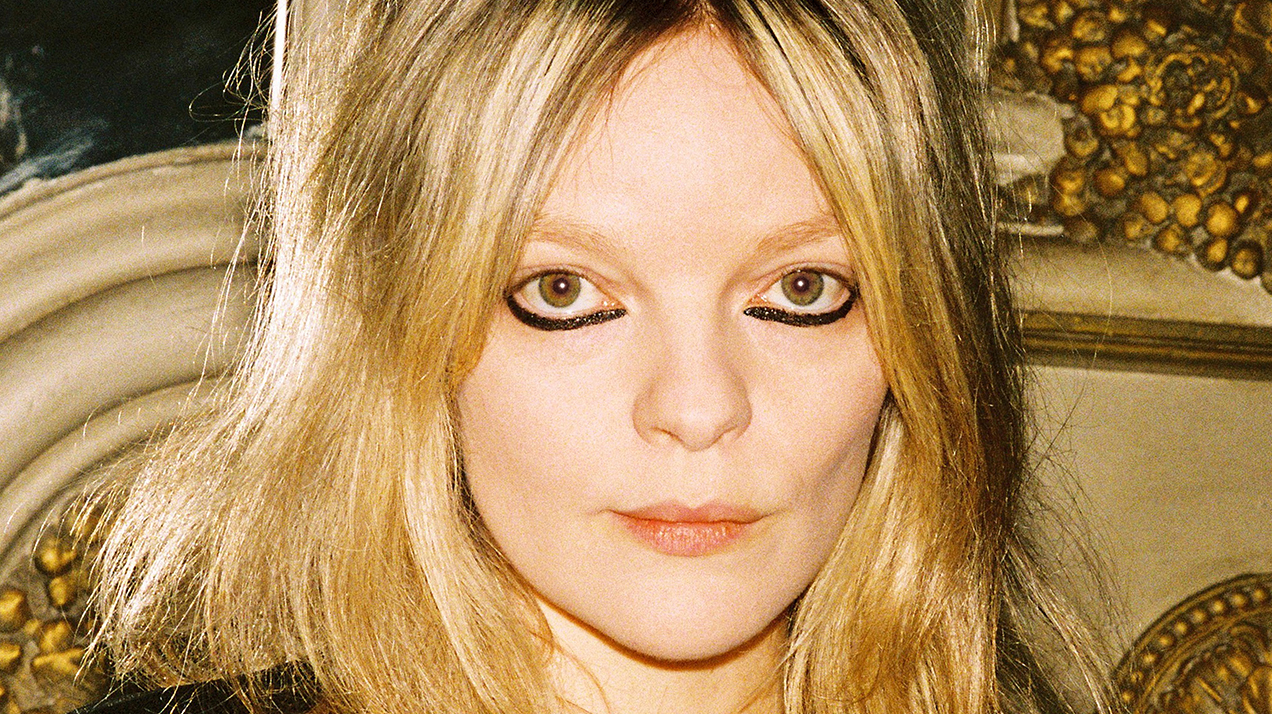
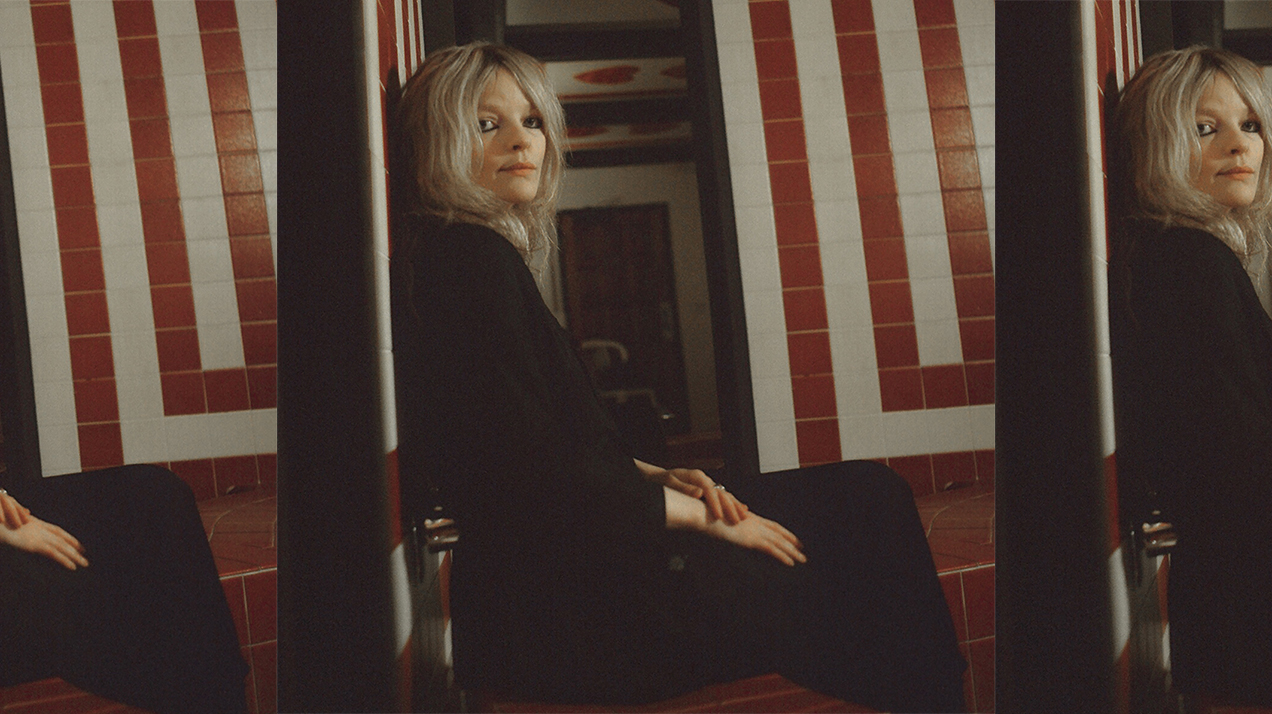





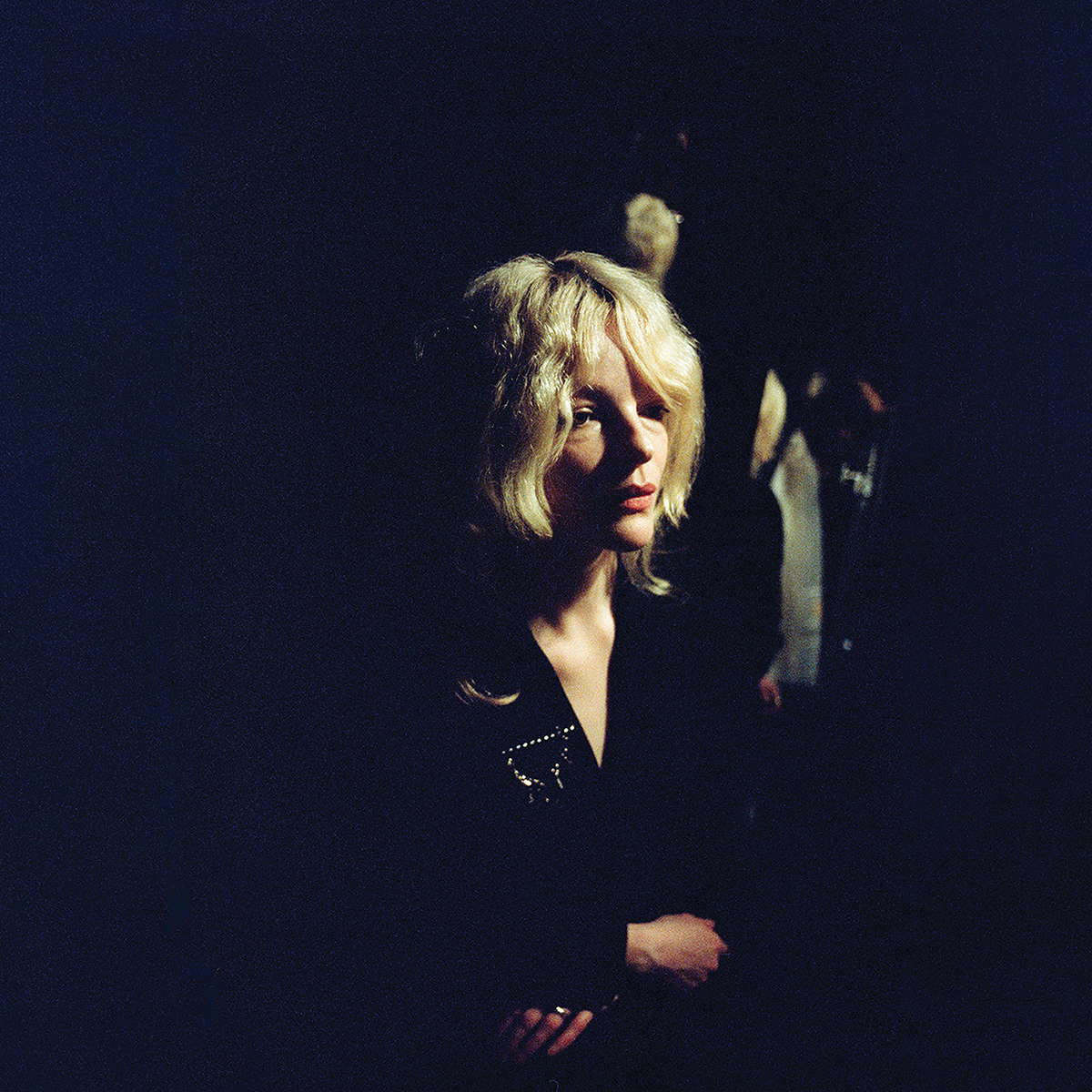 Jessica Pratt
Here in the Pitch
Jessica Pratt
Here in the Pitch
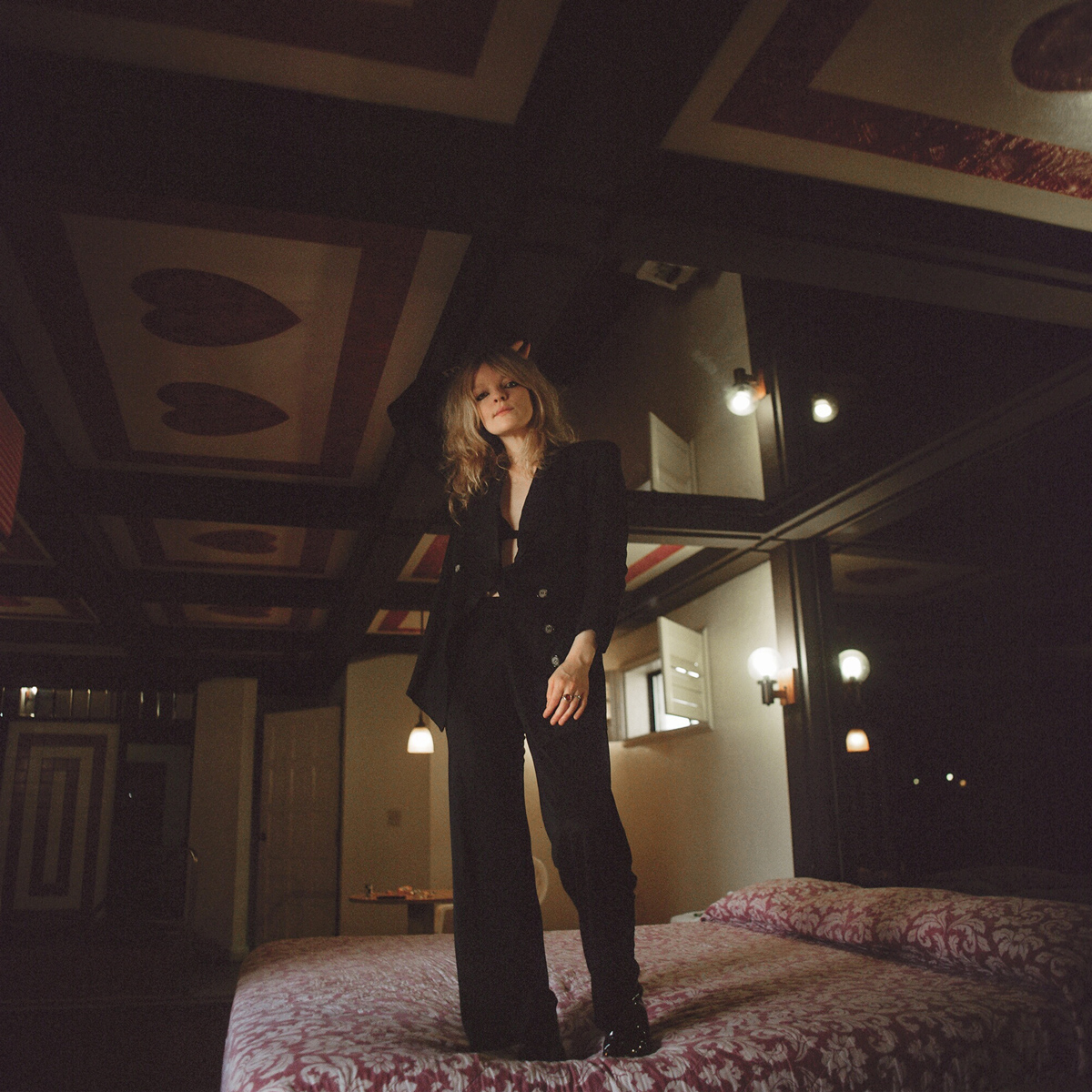 Jessica Pratt
Quiet Signs
Jessica Pratt
Quiet Signs